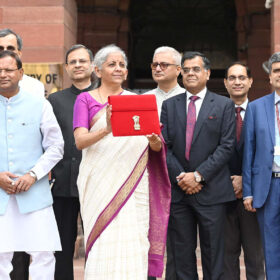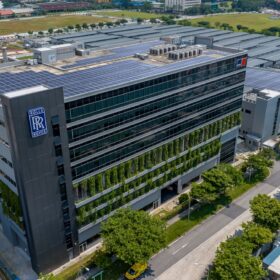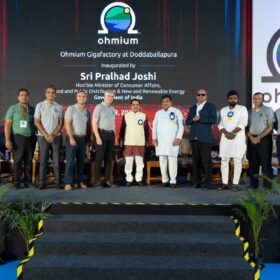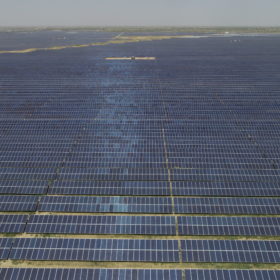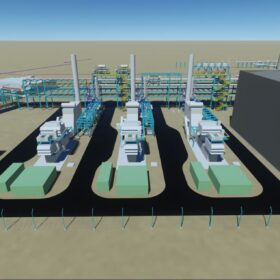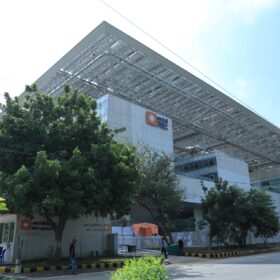REC posts its highest Q1 profit of INR 3,442 crore
REC has reported total income of INR 13,037 crore and net profit of INR 3,442 crore for April-May-June quarter of FY 2024-25.
The role of hydrogen electrolysers in sustainable energy
Hydrogen electrolysers are emerging as key players in grid balancing and energy storage strategies worldwide. By converting excess renewable electricity into hydrogen during periods of low demand, electrolysers offer a scalable solution to store energy for later use.
Budget 2024-25: India imposes customs duty on solar glass imports, exempts equipment for cell and module manufacturing
Import of solar glass will attract 10% customs duty from October. Further, the list of exempted equipment for solar cell and panel production has been expanded.
The Hydrogen Stream: Rolls-Royce, TCS collaborate on hydrogen research programme
Tata Consultancy Services (TCS) has expanded its partnership with Rolls-Royce to research hydrogen fuel system technology for enabling use of hydrogen in aviation.
Ohmium opens second electrolyzer gigafactory in India
The 2 GW factory, expandable to 4 GW, is located just outside of Bengaluru. It will produce hyper modular proton exchange membrane (PEM) electrolyzers to meet the growing demand for green hydrogen from customers in India and around the world.
Union Budget 2024-25: Solar developers call for ALMM deferment, tax cuts, and more
With Union Budget to be presented next week, developers hope for reduction in GST [goods and services tax] and import duties on solar components, and deferral of the ALMM [Approved List of Models and Manufacturers] imposition until domestic supplies are sufficient.
The Hydrogen Stream: Maire’s Tecnimont, Nextchem awarded engineering design study for a green ammonia plant in India
Tecnimont will carry out an engineering design study for a 200,000 metric ton-per-year green ammonia plant. Nextchem will provide its digital tool, ArcHy, to optimize renewable power usage, resulting in capex and opex efficiency of the plant lifecycle and minimizing the cost of ammonia.
Essar Energy Transition launches EET Hydrogen Power
Essar Energy Transition (EET) has launched EET Hydrogen Power, Europe’s first hydrogen-ready combined heat and power plant (CHP) to be built at its Stanlow refinery
REC secures JPY 31.96 billion green loan from Deutsche Bank AG
REC Ltd has secured a green loan of JPY 31.96 billion (equivalent to $200 million) from Deutsche Bank AG to finance eligible green projects in India.
Advait Infratech secures solar, green hydrogen projects worth INR 72.69 crore
Advait Infratech Ltd has received Letters of intent from KP Group of Companies to execute a 30 MW solar plant and a 1 MW green hydrogen project on EPC basis in Gujarat.


